The tug-of-war between PHP VS Python is not ending anytime soon. In the world of web development, choosing the right programming language is critical to success.
PHP is been around for over 25 years and is the language behind some of the most popular websites on the internet. On the other side, Python has gained popularity for its ease of use and versatility.
Moreover, PHP and Python are two popular languages used for web development, each has its unique strength and weakness. Whether you are an expert or a beginner deciding between these two can be daunting.
“PHP and Python are both great languages, but they have their strengths and weaknesses. It comes down to what you’re trying to accomplish and which language is better suited to your needs.” – Rasmus Lerdorf, creator of PHP
The report shows, that the Global Python Web frameworks software market size is projected to reach multi-million by 2030. And the market is expected to grow annually by 9.5% CAGR by 2023-2030.
77.4% of the website of who’s the server-side programming language is PHP and the rest 1.5 use Python.
With this, if you are wondering which programming language suit best for your web development, stick with the article- PHP VS Python. And get the most out of it.
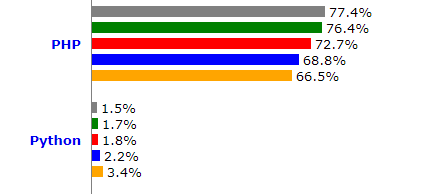
We will explain every detail that helps you with choosing the best programming language. So without any further ado, let’s get started.
Brief about PHP Vs. Python
PHP
PHP( Hypertext Pre-processor) is a popular open-source server-side scripting language used to develop web applications and dynamic websites.
Moreover, PHP is known for its scalability meaning that it can handle large amounts of traffic. And can be used to build complex web applications. When it comes to PHP development cost it depends on the complexity of your project.
It can also be easily integrated with other technologies such as databases, web servers, and APIs.
When it comes to Python vs PHP- the code of PHP is embedded within HTML, which allows PHP developers to dynamically generate web pages and interact with databases.
However, PHP can be used to create a wide variety of :
- web applications
- content management system
- e-commerce websites
- social networks
One of the biggest advantages of PHP is its ease of use for web development. Its code run on any platform and can easily integrate with other web technologies such as JavaScript and HTML. They are PHP alternatives that are used for web development.
In addition, PHP Vs Python both has a large & active community of developers. They create and maintain a vast array of libraries frameworks and tools that make web development faster & easy.
History of PHP
PHP was created by Rasmus Lerdorf in 1994. Intially, it was a set of common gateway interface (CGI) scripts written in C language. That keeps track of visitors to his website.
Moreover, it evolved into a powerful web development language.
The language was released to the public in 1995. In 1997 two developers Andi Gutmans and Zeev Suraski wrote the original codebase & created PHP 3. That added support for dynamic web pages and MySQL database.
- PHP5 was released in 2004, with improvements to OOP and support for XML, SQLite, and other features
- Also, PHP5 introduced the Simple Object Access Protocol ( SOAP ) and other web service features.
- PHP7 was released in 2015 & introduced significant improvements in terms of speed, memory usage, and error handling.
Pros and cons of PHP
| Pros | Cons |
| Easy to learn and use | Security issues and vulnerabilities |
| Large community and resources | Inconsistent functions names and parameters |
| Support multiple platforms | Poor object-oriented programming support |
| Flexible and scalable | Poor performance compared to other languages |
| Cross-platform compatibility | Limited type-checking and error handling |
| Server-side scripting language | Limited support for multithreading |
| Cost-effective | Not as trendy or modern as other languages |
Python
Python is a “Universal language”. As it can be downloaded and used for free. It is easier to learn than other programming languages such as Java, C++, and many more.
Plus, it is an object-oriented programming language which means it can write code in C++ for you without any hassle. Since its codes are executed line by line it makes debugging easier and less time-consuming.
Also, you can hire a Python development company for your web development, AL and ML projects, and Scripting purposes. The cost to hire Python developers depends on the complexity of your projects.
When it comes to Python Vs PHP which is better, it’s hard to compare both of them. As Python is a high-level, interpreted programming language. That’s widely used for web development, scientific computing, data analysis, AI, and more.
Moreover, it is the most popular programming language among the developers. Because Python code is portable, when developers write code for Windows OS it can run on another operating system without changing the code.
History of Python
- It was created by Guido van Rossum in the late 1980s by a Dutch computer programmer.
- 9.0 was the first version of Python and it was released in February 1991.
- Version 1.0 was released which included new features such as lambda, map, filter, and reduce functions.
- Python 2.0 was released in 2000, which introduced a garbage collector and support for Unicode.
- In 2008, Python 3.0 was released which was a major revision of the language Python 2.
- Since it was evolving, the latest version 3.10 was released in May 2023.
Pros and cons of Python
| Pros | Cons |
| Easy to learn and read | Relate lively slow execution speed |
| Large community & resources available | Global interpreter Lock limits concurrency |
| Cross-platform compatibility | Weak in mobile and web development |
| Supports multiple programming paradigms | Weak type checking |
| Suitable for various applications and domains | Garbage collection can impact performance |
| A rich ecosystem of libraries and frameworks | Not ideal for memory-intensive applications |
| Comprehensive standard library | The syntax can be verbose |
Which one is easier to learn for new developers?
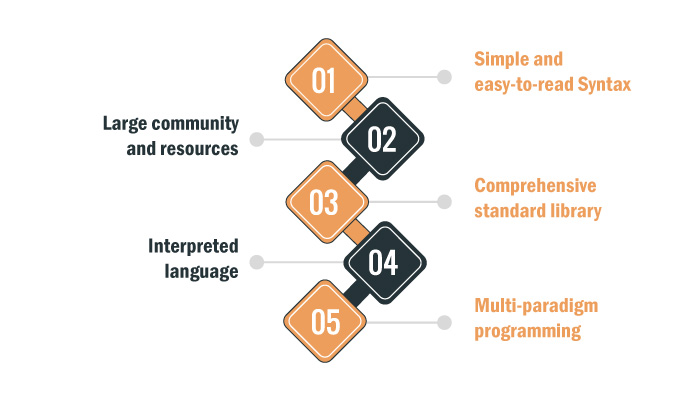
When it comes to PHP vs Python syntax, Python is considered to be easier to learn for new developers as compared to other programming languages. When it comes to PHP vs Python security, it depends on the developers’ practice and measures taken to secure the websites.
Let’s look at some factors such as:
Simple and easy-to-read Syntax
When we compare Python vs PHP for web- Python has a straightforward and easy-to-read syntax that resembles English. This makes it easier for beginners to write and understand code.
Large community and resources
When it comes to the larger community among PHP VS Python, both platform has an active community of developers. This means there are plenty of resources available, including tutorials, forums, and documentation.
Comprehensive standard library
Also, python vs php for web development-PHP wins here. As it has a comprehensive standard library that includes modules for a wide range of tasks such as handling files, working with databases, and web development among others.
Interpreted language
When it comes to backend php vs python-Python is an interpreted language. This means it does not require compilation. And make it easier to write and test code quickly.
Multi-paradigm programming
Python supports multiple programming paradigms such as
- Procedural
- Object-oriented
- Functional programming
This gives developers the flexibility to choose the best approach for their needs.
That being said, the ease of learning programming language ultimately depends on an individual’s aptitude, experience, and personal preferences.
If you want to know more. Read our blog PHP Vs Python- Best choices for programming languages for a beginner
Comparison of syntax & structure of PHP VS Python
PHP VS Python both are popular programming languages used for web development. But they have fundamental differences that can affect their Python vs php web performance and scalability.
One of the major differences between PHP Vs Python is their syntax. PHP is the more concise language with simple syntax. On the other hand, Python has a more complex syntax that can take longer to learn.
Here is a comparison of the syntax and structure of PHP and Python:
Syntax
- PHP uses a syntax that is similar to C and Pearl. With curly braces {} used to enclose blocks of code and semicolons; Used to terminate statements.
For example:

- Whereas Python uses a syntax that is easy to read and write, with indentation used to indicate blocks of code. For example:
Data Types

- When it comes to data types PHP Vs Python – PHP has several built-in data types, including integers, floats, strings, Booleans, arrays, and objects.
- Whereas Python has several built-in data types, including integers, floats, strings, lists, tuples, and dictionaries.
Variables
- In PHP, variables are declared using the $ sign, followed by the variable name.
For example:

- Python, on the other hand, has declared without a data type or keyword, and the value is assigned using the = operator.
For example:

Control structures
- PHP Vs Python control structures are almost the same. PHP uses control structures such as if-else elements, for loops while loops and switch statements.
For example:

- Whereas Python also uses if-else statements, for loops while loops and switch statements.
For example:

Functions
- PHP functions are declared using the function keyword, followed by the function name and parameters.
For example:

- Whereas Python functions are declared using the def keyword, followed by the function name and parameters.
For example:

Overall, PHP Vs Python has their unique syntax and structures. However, Python syntax is generally considered to be more intuitive and easier to read and write compared to PHP’s syntax.
Which one is better for Backend development?
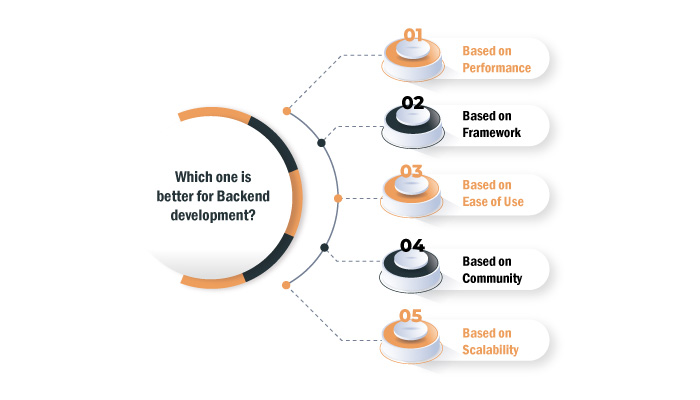
When it comes to PHP Vs Python: Both come under the top 12 best web development languages to learn in 2023. Plus, commonly used for backend development and the choice between the two ultimately depends on the project’s requirements and personal preferences.
As such. here are some factors to consider when deciding which language is better for backend development.
Based on Performance
PHP is known for its speed and performance, particularly for web development & server-side scripting. Whereas Python also has a fast runtime and can be optimized for performance.
Based on Frameworks
When it comes to frameworks, Python has several popular web frameworks such as laravel, Symfony, and CodeIgniter
Moving on, Python on the other hand has Django, Flask, and Pyramid
Based on Ease of Use
PHP has a relatively simple syntax that is easy to learn for beginners.
While Python has a clean and readable syntax that is easy to learn and use.
Based on Community
PHP has a large and active community of developers and users, with many resources and documentation available online.
Whereas Python also has a large and active community with many libraries, frameworks, and resources available online.
Based on Scalability
When it comes to scalability PHP can handle large-scale web applications with ease.
Moreover, Python, on the other hand, can handle large-scale applications, particularly with the use of frameworks like Django.
These are all the factors. Now, it’s up to you to choose which works best for your backend project.
Bottom Line
PHP Vs Python choosing one is not easy. As both have their unique features and are good in their ways. Python is great for machine learning codes and PHP is best for server-side scripting and web development.
When you have to choose one between both of them, just compare them based on your project requirements and you are good to go. If you want to know to start your web development or want to know more about PHP and Python development. Feel free to contact us.
FAQ
Both languages have their own learning curves, but Python is generally considered to be easier to learn due to its intuitive and readable syntax.

Niketan Sharma is the CTO of Nimble AppGenie, a prominent website and mobile app development company in the USA that is delivering excellence with a commitment to boosting business growth & maximizing customer satisfaction. He is a highly motivated individual who helps SMEs and startups grow in this dynamic market with the latest technology and innovation.
Table of Contents









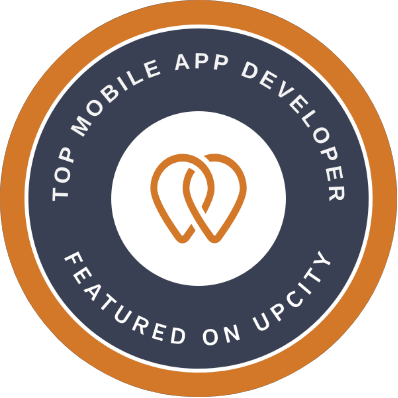

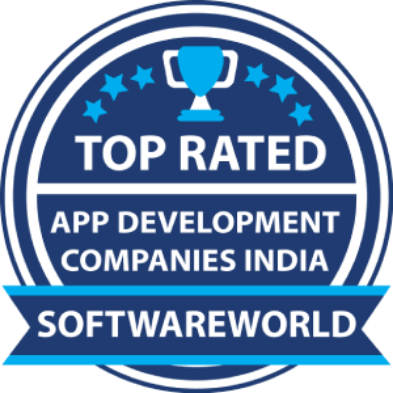
No Comments
Comments are closed.